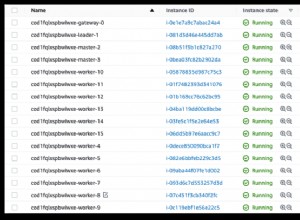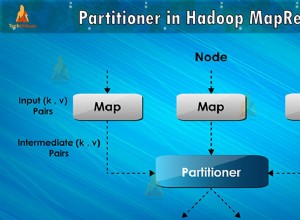La soluzione è usare un @Hash
Ecco un esempio MOLTO semplice che ho inventato:
<?php
/**
* @Document
*/
class Product
{
/**
* @Id
*/
private $id;
/**
* @String
*/
private $name;
/**
* @Hash
*/
private $attributes = array();
public function getId()
{
return $this->id;
}
public function setName($name)
{
$this->name = $name;
}
public function getName()
{
return $this->name;
}
public function addAttribute($name, $value)
{
$key = preg_replace('/[^a-z0-9\ \_]/i', '', $name);
$key = preg_replace('/\s+/i', '_', $key);
$key = strtolower($key);
$this->attributes[$key] = array('value' =>$value, 'label' => $name);
}
public function getAttribute($name)
{
return $this->attributes[$name];
}
public function getAttributes()
{
return $this->attributes;
}
}
Aggiungi alcuni dati:
<?php
$pen = new Product();
$pen->setName('Cool Pen');
$pen->addAttribute('Weight', 12);
$pen->addAttribute('Ink Colour', 'Red');
$pen->addAttribute('Colour', 'Black');
$tv = new Product();
$tv->setName('LED LCD TV');
$tv->addAttribute('Weight', 12550);
$tv->addAttribute('Screen Size', 32);
$tv->addAttribute('Colour', 'Black');
$dm->persist($pen);
$dm->persist($tv);
$dm->flush();
Quindi interroga, trova un prodotto con il colore "Nero" e una dimensione dello schermo maggiore di 20:
<?php
$query = $dm->createQueryBuilder('Catalogue\Product');
$products = $query->field('attributes.colour.value')->equals('Black')
->field('attributes.screen_size.value')->gte(20)
->getQuery()->execute();
Non sono ancora sicuro che questo sia il modo migliore per farlo e la mia ricerca è ancora in corso.




